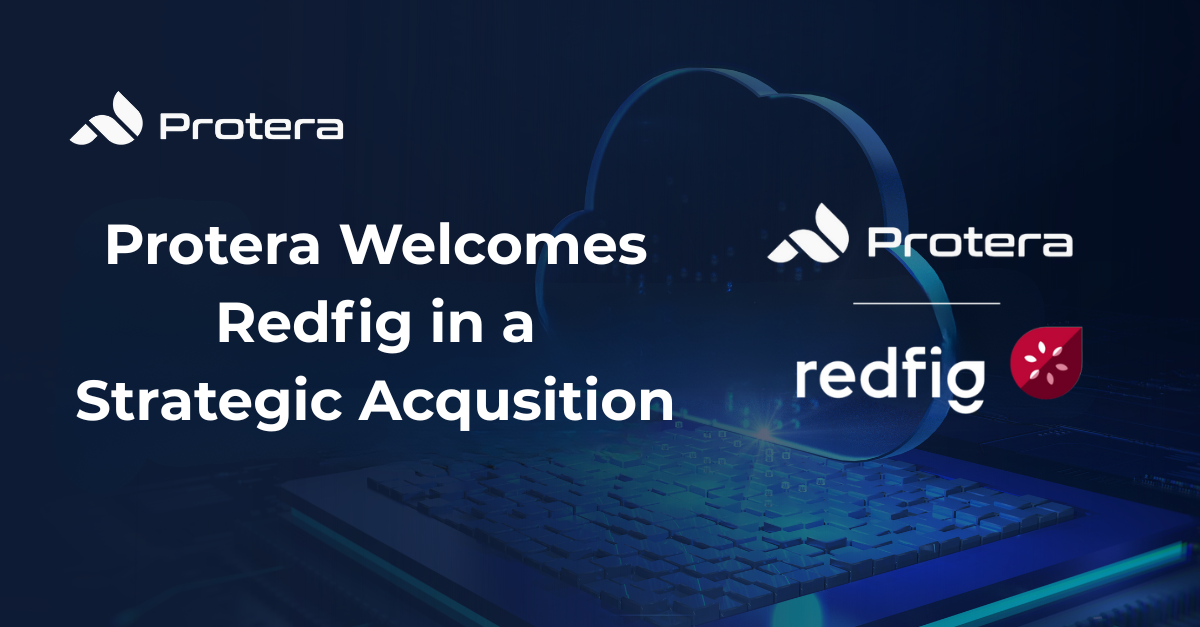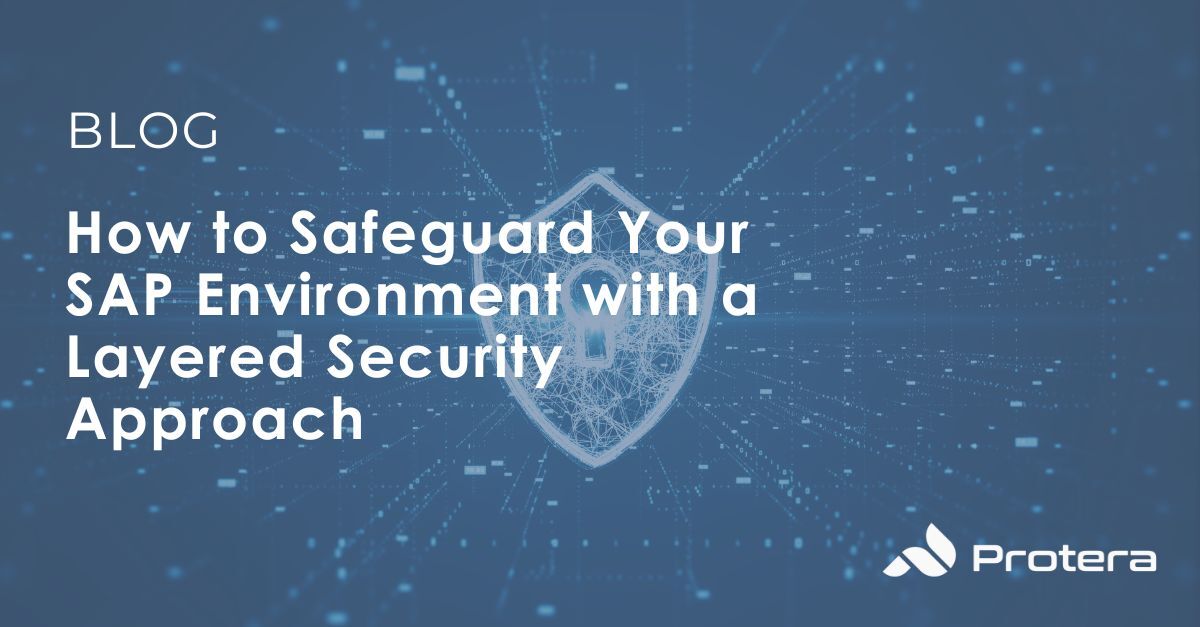SAP is one of the most-used and most reliable enterprise software systems in the world, and as more and more companies move to the cloud, they’re leveraging SAP to support their digital transformations. To execute successfully, many organizations turn to external SAP partners who can guide them through their journeys.
In fact, Statista reports that IT managed services spending will nearly double in size (to $311 B worldwide) as companies look to their own IT teams for day-to-day operations management, but to third-party experts for transformational initiatives (such as SAP cloud migrations and/or modernizations).
If you’re considering hiring a third-party provider to support your next journey, you’re in the right place. This guide will tell you what you need to know about hiring an SAP partner you can trust and who will help you succeed.
Quick Takeaways
- External SAP partners provide the tools, technologies, and deep SAP expertise needed to make your SAP transformation successful.
- Responsible SAP support partners will always conduct a readiness assessment before moving on to implementation.
- It’s critical that your IT assets and company cultures are compatible with your partner’s to ensure a successful working relationship.
- Look for the “SAP Certified” logo as a sign of reliable, credentialed SAP expertise.
- The best SAP support partners will have ready frameworks for data-driven monitoring and performance reporting.
Why should you outsource to an external SAP partner?
Whether you’re adopting SAP as your primary business application for the first time or looking to migrate and/or modernize your current systems on the cloud, outsourcing to an SAP partner is the best option for most organizations.
Here’s why:
First, SAP is an expansive system with 100+ solutions across functions. A wide range of expertise is required for each of these solutions. It’s nearly impossible for in-house IT teams — even at large enterprises — to maintain the same level of expert knowledge as a SAP-certified specialist organization.
Second, implementing, migrating, and/or modernizing your SAP systems is a transformational undertaking. While your IT team certainly plays a role in its execution, they also have to handle the day-to-day operations of your IT enterprise.
When you work with an external SAP partner, you know you have an expert team fully focused on your SAP journey at all times, all while minimizing disruption to business as usual.

7 Things to Look For in Your SAP Partner
Proven Track Record
One of the first things to look for in your potential SAP partner is their track record with current and previous clients. When an organization’s track record is reliable, they’ll likely share it readily with you so you can see it for yourself.
Ask your sales rep to point you toward real-world client success stories. You can also look on the vendor’s website for case studies, and on review sites like G2, TrustRadius, or Capterra for more objective ratings and reviews.
Readiness Assessment Process
Responsible SAP partners will not rush to the implementation stage. Instead, they’ll insist on a readiness assessment to evaluate your current tech stack, application landscape, and overall current state architecture, then determine the preparation steps needed before your actual SAP journey can take place.
Always ask your potential SAP partners how they handle this step of the process, and look for an established methodology behind it. Protera, for example, offers a readiness assessment.
The assessment includes source systems data gathering, risk assessment, target architecture, a project plan, cost estimation, and implementation roadmaps (among other important data points).
Solid Migration Planning Process
As with readiness assessments, you want to be sure your SAP partner has a proven methodology for executing SAP initiatives. Typically this includes an automated, data-driven platform that provides a shared and real-time view of project status and progress. Every SAP journey includes many moving parts, and an automated way to track it is really a must-have.
Aligned Tools and Technologies
The average enterprise has more than 100 software applications in use at any given time as well as other key infrastructure components unique to their organization and needs. Your SAP partner should have flexible tools,technologies, and integration expertise.
During your decision process, ask about which tools each vendor uses, share the ones you use, and ensure compatibility is there to execute your SAP journey.
The Right Expertise
Not all SAP expertise is created equal. To be sure you’re hiring a SAP partner with knowledge, experience, and expertise you can trust, look for “SAP Certified” logos (like the one below) in the areas where you need it most.

The best SAP service providers will be certified in a wide range of areas. Protera, for example, is SAP Certified in Global Hosting Operations, SAP HANA and S/4HANA Operations, Business Suite Operations, and Cloud and Infrastructure Operations.
We’re also a Preferred Partner for Microsoft Azure and an Advanced Consulting Partner with SAP Competency for AWS.
These types of certifications and partnership statuses should be fairly easy to find on vendor websites, but if you’re unsure, you can and should ask your sales rep for information about it.
Cultural Fit with Your Teams
SAP managed services — which entails an ongoing business relationship with your SAP partner to operate your SAP systems after the initial journey is complete — are becoming an increasingly popular choice with companies who want to minimize risk and operate SAP with confidence.
It’s ideal, of course, to maintain a managed services model with the SAP partner who helped you execute your initial journey. For this reason, it’s a good idea to evaluate cultural fit between their team and yours from the start.
Given the collaborative nature of SAP initiatives and the managed services model by nature, the cultural fit between your organization and your partner’s is just as important as having access to the right tools and expertise.
Not only does it ensure your teams can work more harmoniously and effectively together, it makes the partnership more enjoyable for everyone involved. This leads to better engagement and overall success of your SAP-related projects long term.
Data-Driven Approaches
Last but not least, you’ll want to be sure your SAP partner has a commitment to data-driven performance reporting so that you can stay abreast not only of project progress but of the ROI it’s delivering for your organization.
The partner you choose should have frameworks in place to identify the KPIs and metrics you’ll use to measure success, processes for monitoring and reporting them, and open communication channels that encourage continuous improvement efforts along the way.
Over to You
If you’re looking for a partner to support your SAP modernization journey, Protera can help. Customers choose Protera for our deep SAP and cloud expertise, cost savings (typically 30-50%), and highly personalized customer support services. Our service areas include:
- Cloud Modernization
- SAP Migration, Management & Transformation
- Data Intelligence
- IT Security & Governance
Learn more about how Protera can help you transform with SAP.
.png)
Mergers & Acquisitions with SAP
In 2024, roughly 50,000 M&A deals were made worldwide, with a combined value of $3.2 trillion.




